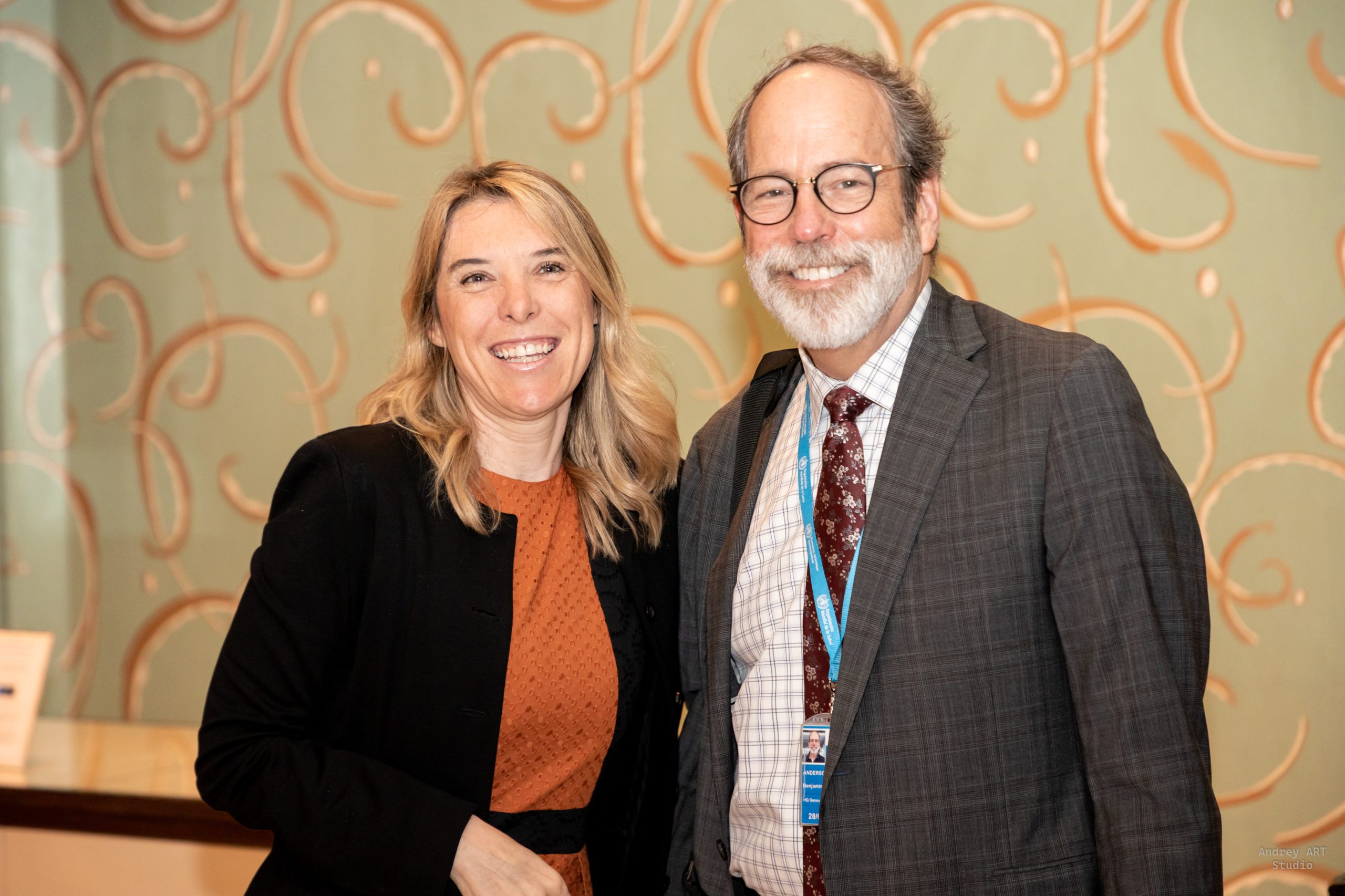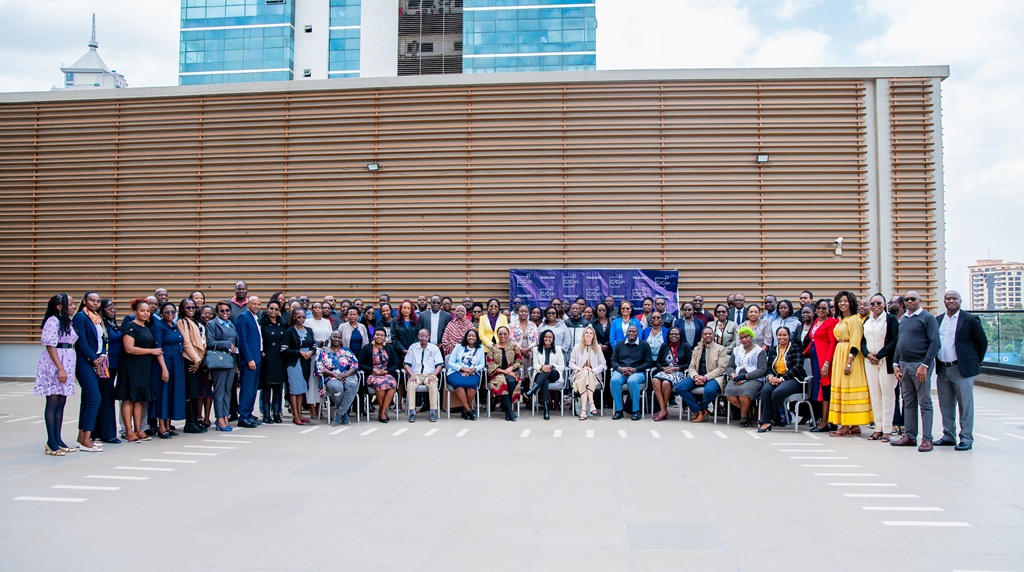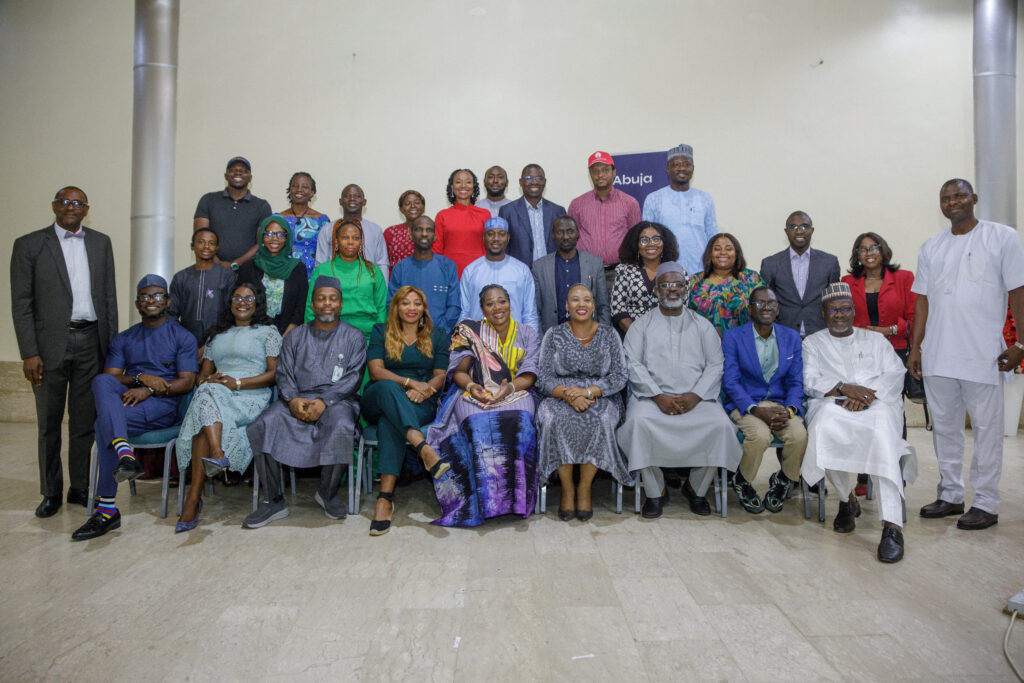
Last week in Geneva during the 76th World Health Assembly, C/Can and the World Health Organization (WHO) announced their collaboration on WHO Global Breast Cancer Initiative (GBCI). The partnership was revealed during the Slovak Republic and C/Can side event ‘Delivering cancer care for all’, organised in collaboration with eleven other governments, civil society organizations and academic centres.
Breast cancer is the most common cancer worldwide, and the leading cause of cancer deaths among women. While 2.5 per cent annual decreases in breast cancer death rates have been successfully achieved in some countries since the 1990s, many others have not been able to reach this GBCI target.
Inadequate access to breast cancer care has exacerbated health inequities and undermines progress towards universal health coverage and the realization of the Sustainable Development Goals.
said Dr. Ben Anderson, former lead for GBCI at WHO.
The WHO GBCI Framework published on International Women’s Day in 2023 applies evidence-based approaches to health system strengthening to illustrate how countries can build capacity, increase access and empower women using successful approaches that have already been shown to work in the real world. If implemented fully, the GBCI Framework has the potential to prevent 2.5 million global breast cancer deaths by 2040.
GBCI is an initiative that has been built out of 20 years of work. Today we are ready to take a framework to global action by collaborating with key partners to implement practices that, when put into action, will predictably reduce the burden of cancer worldwide.
Anderson added.
C/Can will work with WHO to coordinate and execute multisectoral action at a city level, translating the GBCI Framework into actionable work plans.
C/Can’s methodology has proven that multisectoral collaboration to drive change at a city level can be scaled to achieve national impact. Cities implementing this framework will prioritise and make decisions on system optimisation, process and investments, resulting in quality care improvements for the city and ultimately, the country.
said Isabel Mestres, CEO for C/Can.
This work forms part of a project collaboration agreement between both organisations that will assist selected countries to strengthen their national cancer control programmes.
This collaboration will benefit from the support of partners from the pharmaceutical industry, thanks to the convening role of the International Federation of Pharmaceutical Manufacturers & Associations (IFPMA). During the World Health Assembly side-event, Amgen, AstraZeneca, Bristol Myers Squibb and MSD expressed their intent to support the initiative, with the necessary in-kind and financial contribution.

The GBCI Framework will be initially implemented through the definition, planning and execution of technical cooperation and capacity development projects including:
- Capacity development and training for the GBCI technical package in the Framework.
- Capacity building and training on patient navigation to prevent treatment abandonment.
- Targeted launch of a city project (C/Can city to be determined) to ensure timely breast diagnostics with a reinforcement of multidisciplinary management.
- Targeted launch of a cancer patient journey optimization initiative to reduce treatment abandonment (C/Can city to be determined).





